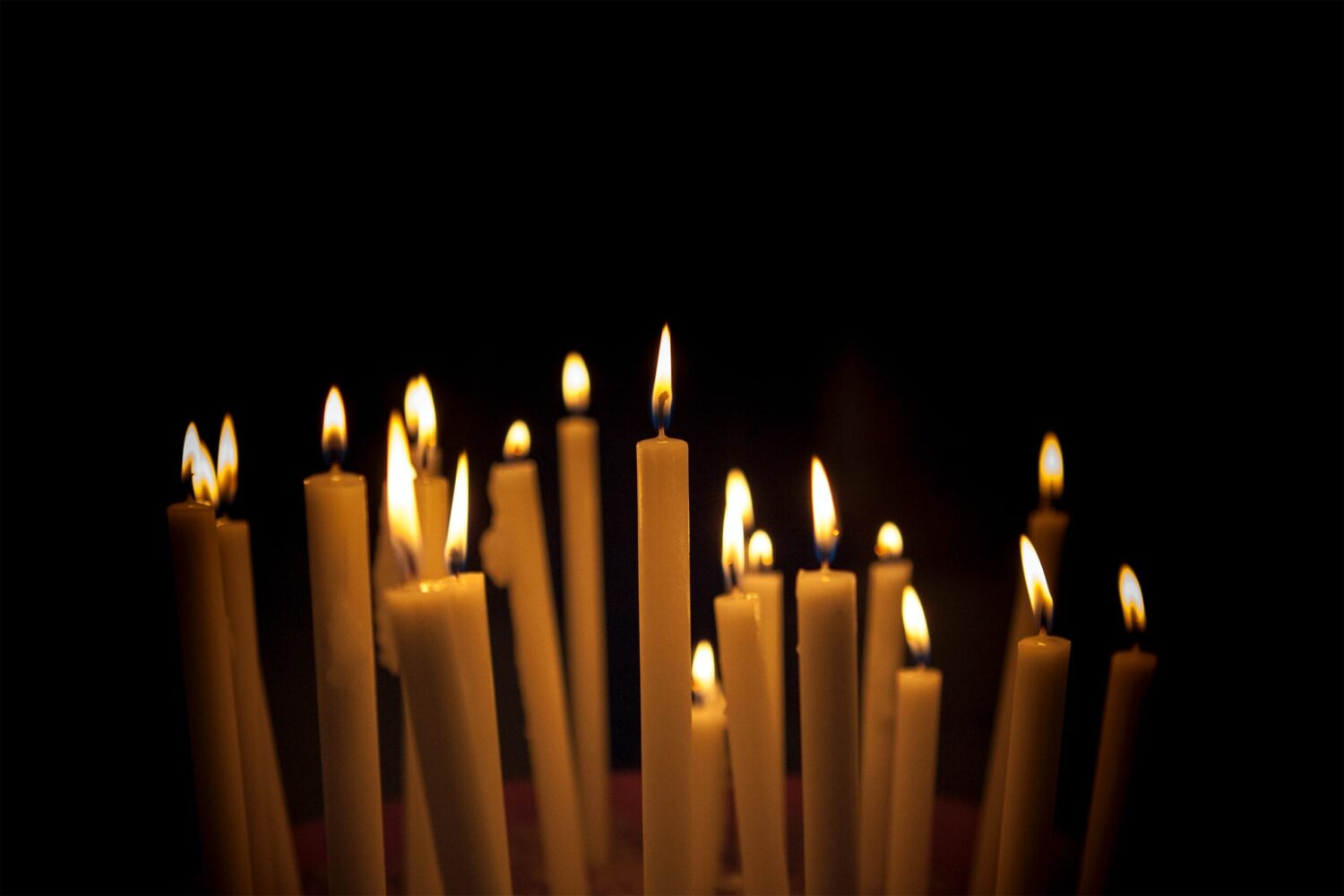
On February 22nd, Roman Catholic actor Mark Wahlberg went on the Today Show to explain Lent. While he was no doubt very earnest with his forehead marked with a cross of ashes from the Ash Wednesday service he attended, his message couldn’t help but be undercut by the text banner superimposed below him: “Mark Wahlberg’s 40-Day Challenge.” If we’re honest, we know that this is what Lent often gets boiled down to: giving up chocolate, committing to an exercise routine, reducing drinking, or making other lifestyle adjustments to be just a bit better (whatever that means!) version of ourselves. Many of us more committed Lenten observers tend to scoff at this, but I think we tend to be pretty good at Lent because it fits in with what our spirituality already prizes: scrupulosity, confession, self-examination, behavior management. Obviously, there is a place for both making better choices for our physical, emotional, and spiritual health and self-examination and confession. Yet, if Lent becomes only an opportunity for a new diet or for more of our well-worn practices of browbeating and shame, I think we miss the point. Perhaps the origins of Lent could help us avoid either extreme as well as bring us back to its original purpose.
The season of Lent originally developed as the final period of preparation for catechumens (those preparing for baptism) who were to be baptized on Easter. Yes, the season involved fasting and penitence, but it was toward a greater goal: being washed by God, clothed in Christ, and filled with the Spirit to live as new creations through the waters of baptism. And, as I never grow tired of saying about the sacraments, this was and is not primarily our work, but God’s work. Perhaps this could give us a new roadmap for Lent. Instead of asking what’s wrong with us that we want to get rid of, we could instead ask how we can open ourselves more fully to the Paschal Mystery of Christ’s death and resurrection. Yes, this might still ask us to abstain from certain things or take on a spiritual practice, but instead of a self-improvement project or a means of earning a greater share of God’s love (an impossible undertaking!), could we see it instead as preparation for an encounter with God? In a world built around distraction and busyness, how can we build lives that are open to seeing and experiencing the God who is always already present, always at work around us, always seeking after us? That work is the call of Lent.
P.S. If you need a soundtrack for the Lenten journey, look no further!
